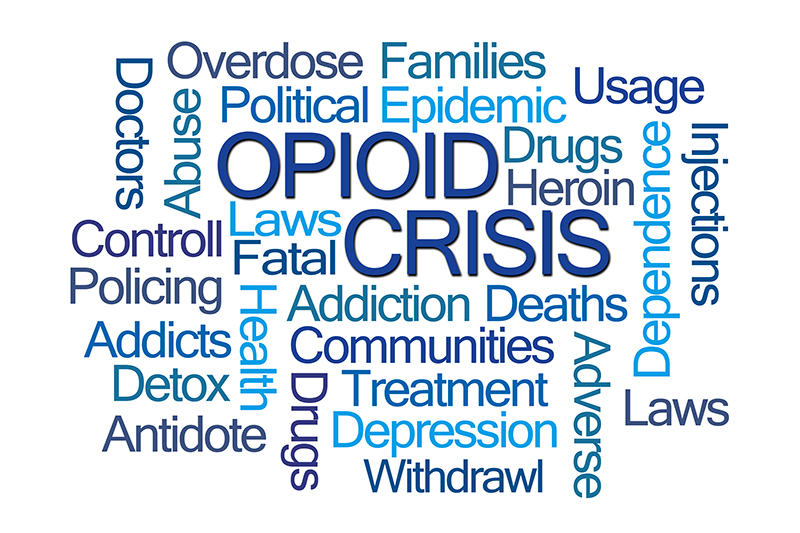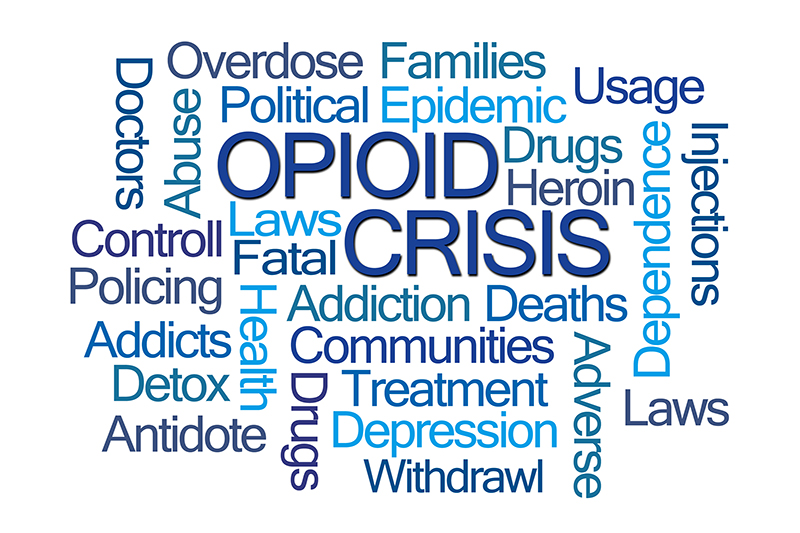
It wasn’t too long ago that most of us thought that heroin or any other opioid addiction happened to people in “other” communities, certainly not the Orthodox Jewish world.
And it wasn’t too long ago when our concept of the supply line of addiction reached in our mind’s eye went immediately to decaying urban back streets or corners at the crossroads of disease, hooligans and lost lives.
Now, more and more, opioid addicts are our neighbors who live in affluent New Jersey communities who count pills on a daily basis, who shop for doctors who will write prescriptions and who feed a desperate, life-changing hunger for more. Some of those addicts are our family members and friends. Some send their children to day schools and yeshivot, some daven next to us in shul, drive carpools and suffer in silence. You might even be one of these people, not yet at the point of being able to ask for help.
And to add to all of this is a stigma within a great deal of the Jewish world that continually suggests that this can’t, shouldn’t, doesn’t ever happen inside of the eruv.
The brave voices of those in recovery from opioid, alcohol or substance addiction’s insidious grip underscore the spread of this epidemic. The disease of addiction, which takes lives, breaks up families, ruins careers and destroys trust, finds itself now in Teaneck, Englewood, Bergenfield and other nearby communities. Spiritual leaders such as Rabbi Larry Rothwachs have worked tirelessly to bring the problem out of stigma’s shadow into the open of our Jewish communal conversation.
Last Sunday’s TABC- and Amudim-hosted event, which was enabled by the Forman family coming forward and “going public” with their family’s struggle, brought addiction face to face with our community. It is no longer someone else’s story; it’s ours.
Opioid addiction has also gained the attention of Congress, state legislative assemblies and other elected officials who either make the law or enforce it both locally, across New Jersey and all over the U.S. Indeed, both Rep. Josh Gottheimer (NJ-5) and New Jersey Attorney General Gurbir S. Grewal had important comments to offer about Amudim’s and the Jewish community’s role in facing and working to reverse the opioid epidemic. “No community is immune to the opioid crisis ravaging America’s communities and threatening American families,” Rep. Gottheimer told The Jewish Link. “Thank you to the Torah Academy of Bergen County and the local Orthodox organizations represented at tonight’s forum for coming together to find ways to protect our children from addiction. I am honored to be your partner in bringing people together and getting our community the resources it needs to beat this epidemic once and for all. No fifth district family should feel alone in this fight.”
In a letter to the Orthodox Jewish community read by Rabbi Rothwachs on Sunday, Attorney Gen. Grewal wrote, “Simply put, the opioid crisis is unprecedented in its scope and devastating in its intensity. In 2016, there were nearly 2,221 drug-related deaths in this state and nearly 65,000 nationwide. The majority of them—nearly 80 percent according to some reporting, were due to opioids. As compared to prior epidemics, this one does not discriminate; it affects all people, regardless of their religion, income, education level, location or background.”
The Attorney General also passionately addressed the courage of the Forman family, noting in particular the strength of Elana Forman and the reality of the word “stigma” within the community. “I know how difficult it is for people to come forward to share their experiences due to the unfortunate stigma that is still associated with addiction,” wrote the Attorney General. “But what Elana and her parents—and others like them—are doing is not only brave, it is also critical to removing that stigma, to getting people help, and to helping survivors get their lives back on track.”
Grewal added that his office has created NJ CARES—The Office of the New Jersey Coordinator of Addiction Responses and Enforcement Strategies—to facilitate and coordinate a statewide response to the opioid crisis.
The effort will create partnerships with other agencies committed to finding and implementing solutions to the opioid crisis. This will include the creation of around-the-clock “Opioid Response Teams,” data-sharing networks and other important information. Grewal closed his letter by writing, “I would like to commend the Forman family for their decision to open themselves up in a deeply personal way to break the taboo associated with this issue. Please know that I am committed to working with each of you to take concrete steps to help your community and all others throughout our state in battling this epidemic. Together, we will save lives, create greater awareness and help to link NJ families and treatment resources.”
By Phil Jacobs









